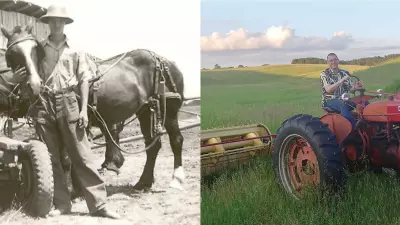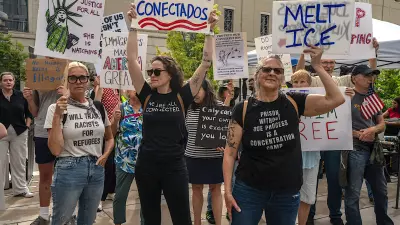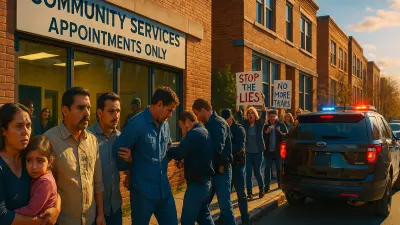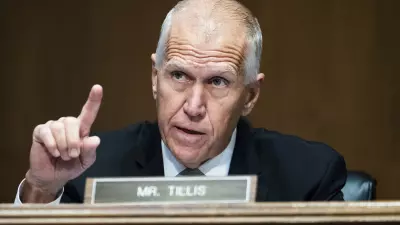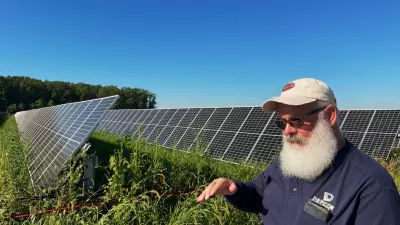The Democratic Party has a problem — it lost its rural voice over the last several decades, and, with it, 25% of the Electoral College vote.

But why?
There was a time when Democrats and rural America were very much able to speak the same language, due in large part to the fact that many of the people in positions of influence in urban America came from family farms.
For the first half of American history, over 90% of Americans lived on family farms.
Out of any 10 people hired, there was a good chance that 5 would also have farm and military backgrounds. Not by design, but simply because of the rural-to-urban migration that accelerated in 1945 after the war.
I was one of the last people to have grown up with an outhouse and a hand pump for water on a family farm who ended up in the C-suite of a Fortune 500 company. While on the urban side in New York, it was very apparent to me that more often than not I was explaining the rural perspective to Democrats.
There simply are not people like me anymore. Without realizing it, urban America and, importantly, the staff of Democratic politicians, have lost the diversity of voices and the balance that came from rural America, family farms, and the military.
As a consequence, Democrats no longer communicate well, if at all, with large swaths of the Electoral College voters in the upper Midwest who determine elections. This loss was unintentional, but it is possible to recreate it.
A surprising example of someone who was able to effectively communicate with rural America was President Obama. I didn’t fully appreciate the reason for that until I left urban America and returned to the family farm.
In 2008, Barack Obama won county after county that were virtually 100% white by large margins.
Obama resonated with my father and my Great Uncles, all farmers who fought in World War II and the Korean War. Each thought candidate Obama would be a good Commander-in-Chief, which is how many in rural America refer to the president.
It wasn’t until I moved back to the family farm that I realized why Obama resonated with rural voters.
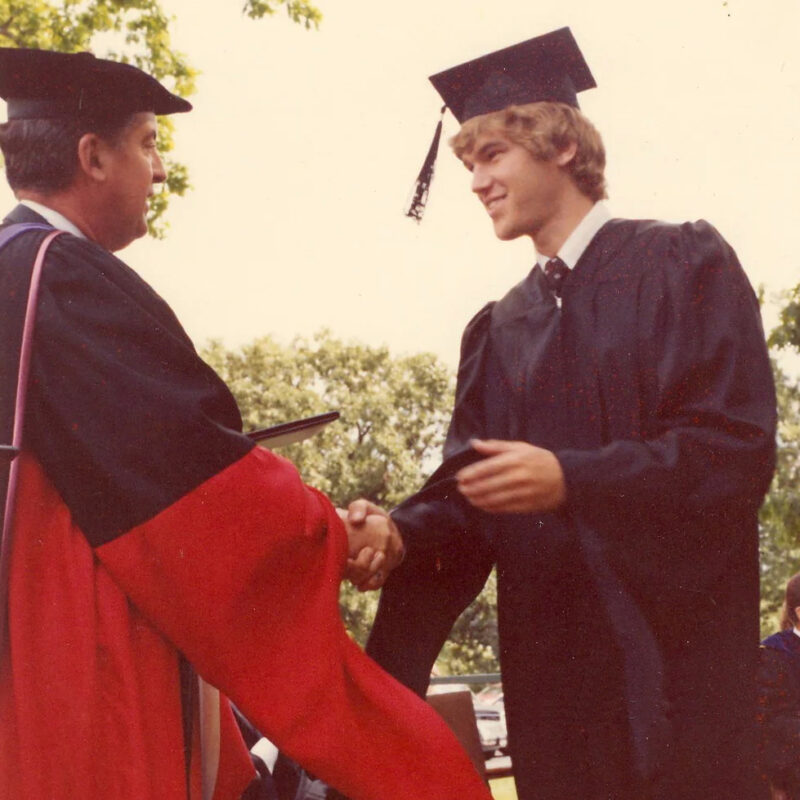
During my time in urban America, I ended up adopting two Black daughters, one from foster care in Detroit and one from inner city Kalamazoo.
Now that I live in rural Michigan, with two little Black girls in tow, I naturally became acquainted with more and more Black women, starting with the hair salon.
Many of the women who helped me were Black, and many of them were complete strangers. I realized at the time that I clicked with this demographic — we seemed to speak the same language.
It was then that I realized what the connection was. Farmers are strong and resilient, stoic, and sanguine about life because the walls of reality are visible to them. Rather than living in a protected bubble as many do in urban America, farmers live in a harsh reality and observe firsthand how difficult, dirty, brutal and unfair life can be, on so many levels.
The same can be said of the Black women I know. Black women in my generation also did not grow up in a protected bubble. Like farmers, Black women are strong and resilient, stoic, and sanguine, and can see the walls of reality around them.
Like farmers, I found Black women to be direct and straightforward — they say what they mean and mean what they say. I never had to guess what a Black woman really thought — just like a farmer. And both groups can smell horse manure a mile away. With both groups, you better show up as the authentic you.
The voice Obama used to speak to Black women, and Black voters in general, is the same voice that resonated with rural voters and, in particular, farmers.
This gave him a superpower with respect to the upper Midwest. Each of these states has a large rural population and a large urban Black population like Detroit and Michigan. Milwaukee and Wisconsin. Chicago and Illinois.
With a singular voice, Obama was able to speak to both the rural and Black voters in the same breath. Everything he said was from a position of strength and resilience — just like farmers and Black women.
The former president’s success with rural voters illustrates two things:
First, how one speaks to rural voters is key.
And second: Growing up on a family farm is not a prerequisite to being able to speak to rural voters. That voice can be learned and practiced.
Any Democrat running where there is a large rural population would be well-served to study and learn to talk to folks with that rural voice.

